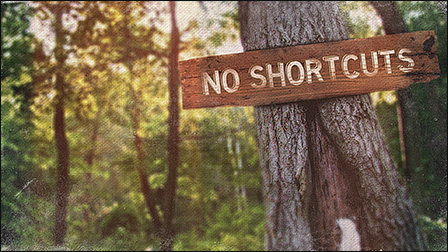Our Jewish tradition calls us to raise up both our world and
our selves by casting light into dark places.
This week’s Torah portion begins with God’s command to Moses
and the Israelites: “Bring me an offering—let every person whose heart moves
them make an offering to me.” The Hebrew
word for “offering”—terumah—which
gives the portion its name, literally means “uplifting.” Thus the interpretation of this verse by the
Hasidic commentary No’am Elimelech:
“Strive to enjoy the light of My divine presence in your life. . . This verse
tells you to draw the Blessed Creator to you and rejoice in the Divine
Presence.”
This sacred calling can push us into difficult places, both
within and without. For instance, the
Talmudic sages once debated whether or not Jews should be permitted to attend
the Roman gladiatorial games, which were brutally violent and rife with
gratuitous carnage. Rabbi Meir
understandably forbid it, arguing that one who goes to the stadium to watch was
complicit in the bloodshed. But Rabbi Natan
argued that Jews could attend—in order to cry out for mercy and potentially
save someone.
Rabbi Natan believed it a mistake to pretend that we could
above the fray. For him, our challenge
is to step down into the darkness and add to the light that might lift it
away. He asks us to engage in the world,
with all of its ugliness, for we cannot possibly help to heal it from a pure
but aloof distance.
So, too, with the dark places of our own souls. Rather than pretending they do not exist, we
should endeavor to lighten and lift them up.
When we find ourselves sinking into the blackness, we should strive to
pull ourselves up and, when need be, reach out to those willing and able to
throw us a lifeline when we cannot raise ourselves. And when we emerge back into the light, we
have a duty to pay it forward and offer our own lifelines to help raise those
needing our love and care and support.
The Psalmist declares: “Ivdu
et Ha-Shem b’simchah—serve God with joy.”
May we be givers and receivers of light and uplift toward this end
in the coming week .
For a great contemporary Jewish song on the topic:



